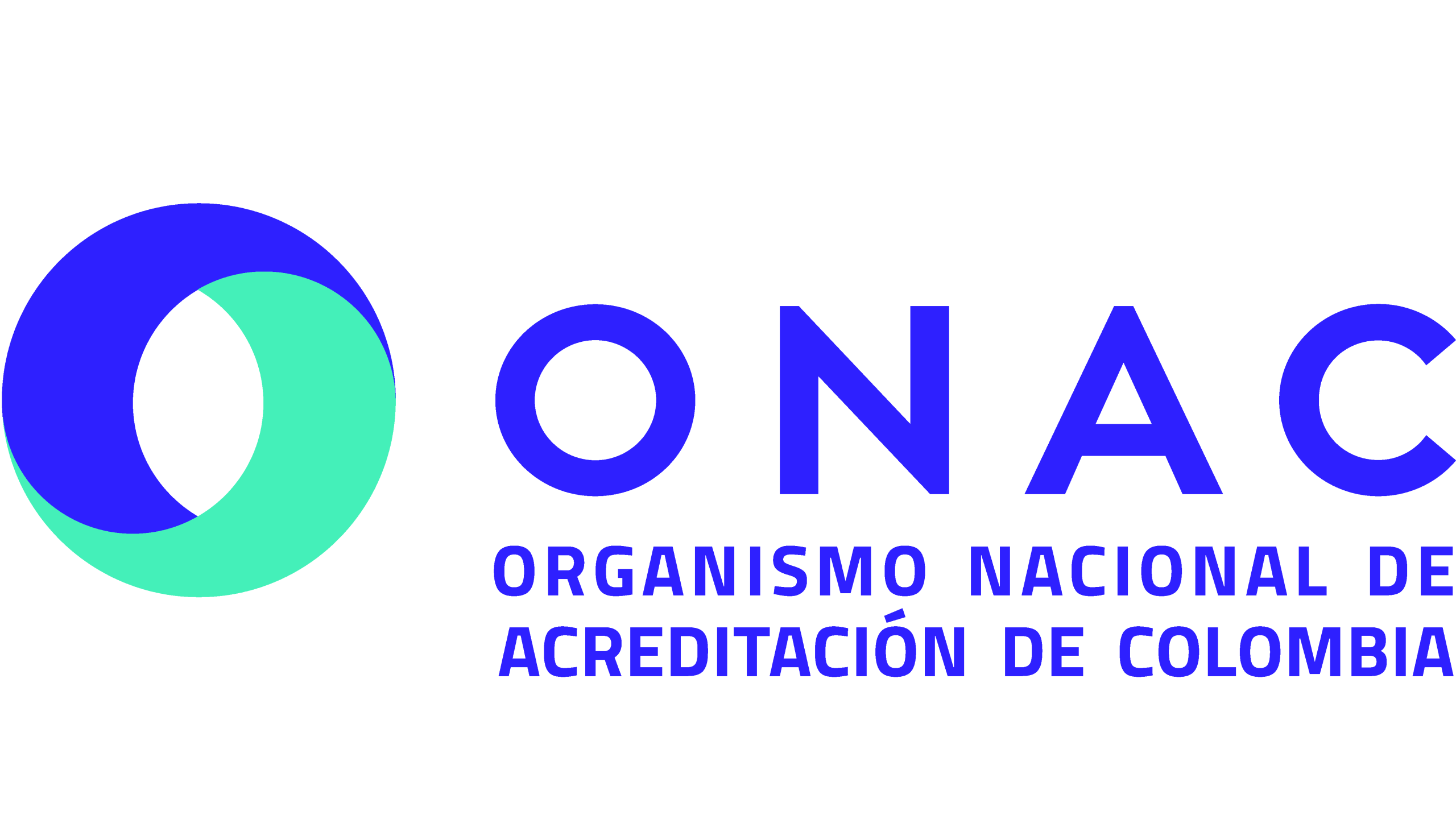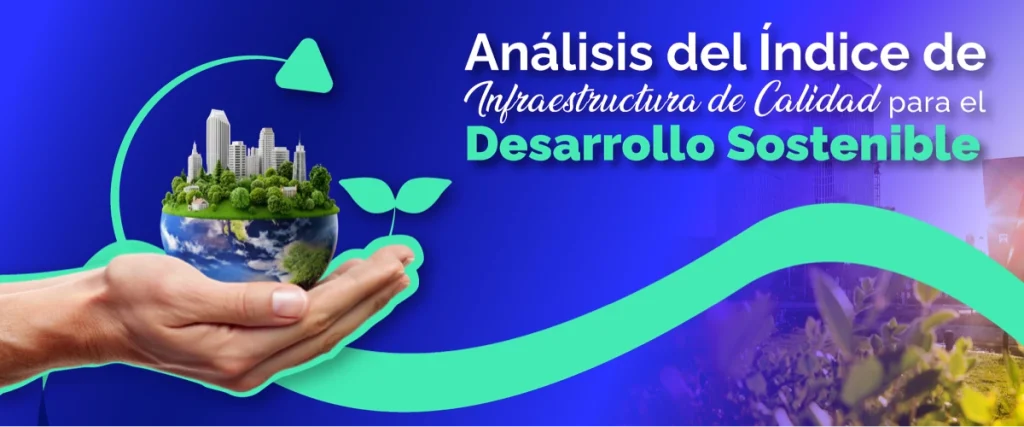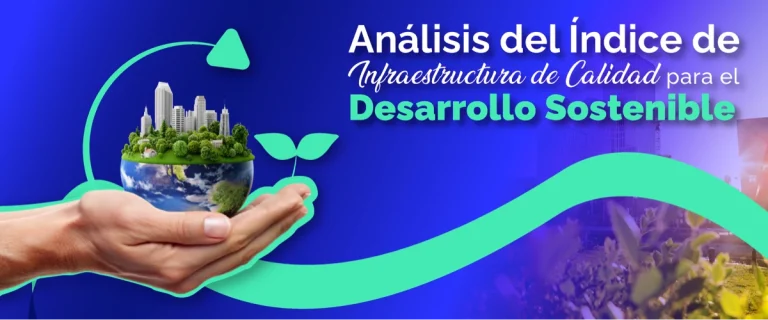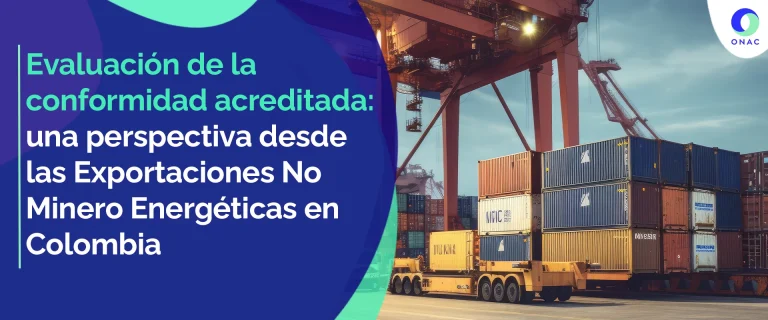Quality infrastructure refers to the technical institutions that support global trade while ensuring that consumers can purchase safe, healthy and high-quality products and services.
In recent years, scientific interest in quality infrastructure has grown continuously. This is confirmed by a look at the Google Scholar results from 1997 to 2024.
Figure 1: Publications on Quality Infrastructure
Publications vs Years
Source: Own research based on Google Scholar data
In 1997, we found only 88 publications on quality infrastructure, but by 2024, there were already 3290. That means the number of publications has increased 38-fold. The curve also shows a progressive increase, which reveals a growing interest from year to year.
It is only in the last two years that researchers and practitioners have begun to meet to conduct research into quality infrastructure. This blog reported on the first International Research Workshop on QI at the PTB in Berlin on 27 April 2023. The following year, on 9 and 10 May 2024, the Centre for International Business Education and Research (CIBER) and Folks Center for International Business at the University of South Carolina hosted another workshop entitled ‘Rethinking Institutions of Development: Transformation of Quality Infrastructure‘ at the United Nations in Geneva. The goal was to advance the understanding of quality infrastructure (QI) beyond emphasizing QI’s general importance for issues such as trade, investment, and development. The larger venture attempts to recast core issues of technological upgrading and global value chains for emerging market firms.
Further research seminars and meetings are planned. A worldwide network of QI researchers at universities, research institutions, international cooperation organizations and quality infrastructure institutions is slowly but steadily emerging.
Research activities have been ongoing for some time in the standardization field, with particular support. For example, the International Organisation for Standardisation (ISO) supports research by young scholars on current topics such as ‘Standards and cybersecurity.
QI organizations invest in socio-economic research departments in industrialized countries and even in developing and emerging countries:
In the field of accreditation, the Italian accreditation body Accredia is one of the pioneers of studies on economic and social impacts. The Research and Statistics division of Accredia was established in 2018 within the Institutional and External Relations office to enhance data analysis and communicate key insights to stakeholders. Led by economist Alessandro Nisi, the division focuses on two core activities: improving Accredia’s accreditation and certification database and conducting research in collaboration with national and international partners. Key studies explore the impact of accredited conformity assessments on areas such as artificial intelligence, occupational safety, and international trade. Current research focuses on the economic effects of accredited certifications on enterprises and the role of accreditation in reducing market information asymmetries. Looking ahead, Accredia is launching a study on sustainable finance, investigating how accredited conformity assessment can facilitate access to credit and ensure that investments align with ESG principles.
In Peru INACAL’s Economic Studies Office was established in June 2014 alongside the creation of Peru’s National Quality System to support economic diversification and highlight the role of quality in economic development. The office, led by the economist Walter Ramirez Eslava consists of three economists and two research assistants, provides analytical support to INACAL’s executive leadership and technical divisions. Its work includes biannual bulletins, national surveys, and impact studies on quality infrastructure services, with occasional support from the Inter-American Development Bank (IADB). Key research topics include the economic benefits of technical standards, the role of quality infrastructure in circular economy practices, and the impact of quality management on labour productivity. The office’s current research focuses on the effects of standardizing innovative products on market access, analyzing 20 Peruvian companies selected for technical standard development under a national innovation program.
In Colombia ONAC’s Economic and Social Studies Coordination was formally established in December 2023 to support decision-making and knowledge management in quality infrastructure and accreditation. A key motivation was to develop a methodology for measuring the use of quality infrastructure in Colombia’s reindustrialization process, a task assigned by the country’s economic policy document CONPES 4129 (2023). The department, is led by the economist Juan Sebastián Parada and has three economists with expertise in data science and economic analysis, operates under ONAC’s relations office while responding to research priorities set by the executive management and technical divisions. Its studies provide valuable insights for conformity assessment bodies, industry, and policymakers, highlighting the competitive advantages of accreditation. Key research topics include accredited conformity assessment in non-mining exports, the impact of ISO 14001 certification on sustainability and climate change, and accreditation services for sustainable tourism management systems. The department’s main open research question focuses on measuring the role of quality infrastructure in Colombia’s reindustrialization.
These encouraging developments show the growing interest in better understanding the functioning and contribution of quality infrastructure. This research is essential to justifying the existence and investments in quality infrastructure institutions and convincing political decision-makers and taxpayers of the value of QI.
Further readings:
Research by Accredia
Nizzero, Francesca 2021, Diffusion and Effects of Accredited Certification among Exporting Companies, IAF Member News
Nizzero, Francesca 2024, Accredited Certification Reduces Workplace Injuries and Accidents: New Italian Study on Safety at Work, IAF Outlook
Research by INACAL:
https://www.inacal.gob.pe/principal/categoria/estudios-investigacione-oee
Research publications by ONAC:
Accredited conformity assessment: a perspective from the non-mining energy exports in Colombia
Impact of ISO 14001 Company Certification on Sustainability and Climate Change in Colombia




